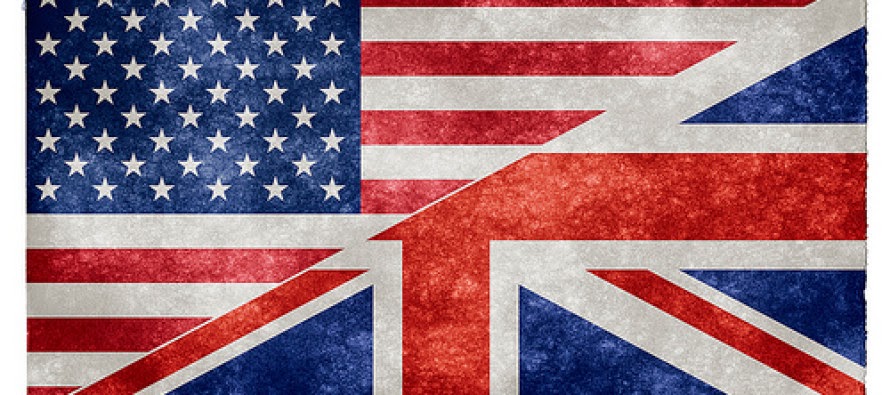The report queried whether the participants know what a think tank is, trust what they say, know what think tanks do, or whether they believe think tanks can be non-partisan. More-so, do Americans and Brits want to understand government policy better, and what do they think about the credibility of these institutions?
We found…
Americans are more likely to be politically engaged than Brits
Unfortunately for us Brits, America is beating us in terms of political engagement. Americans are more likely to be politically active, such as being a member of a political party or attending political rallies and conferences often. They are also more likely to have taken a one-off political action than their British counterparts, such as contacting their local politician over an issue.
Brits are more pessimistic about think tanks than Americans
For both countries, around half don’t know whether to trust think tanks and neither public believes a think tank can be non-partisan. When it comes to outright distrust however, Brits are less likely to believe what think tanks have to say than their counterparts over the pond. Finally, politically engaged Brits are less likely to believe think tanks do positive work on things that matter most to them.
Americans are more likely to believe that complex government policy is communicated well
While both country’s Insiders (those who work in policy or politics) think they do a good job of communicating that policy, American Insiders were more likely to think highly of their communication skills than British Insiders.
Both nation’s general publics disagreed with Insiders, and believe that complex government policy is not communicated well. No surprises there.
***
Despite the differences, our research showed that there was an overwhelming majority in both countries that wanted to understand government policy better. With both nation’s general publics disagreeing with Insiders that government policy is not communciated well, the findings show that there is a gap between public demand for, and supply of, good policy communication.
Think tanks can play a key role – however, as seen above, they need to earn the public’s trust first. By employing a solid communications strategy, educating the public about what they do, and the positive role they can play in sound, evidence-based policy making, think tanks can win hearts as well as minds.
Read the executive summary for each market here.





